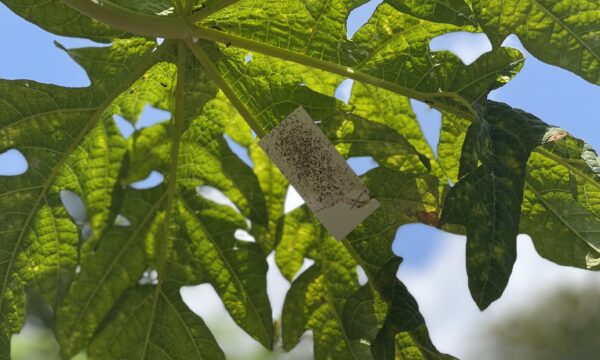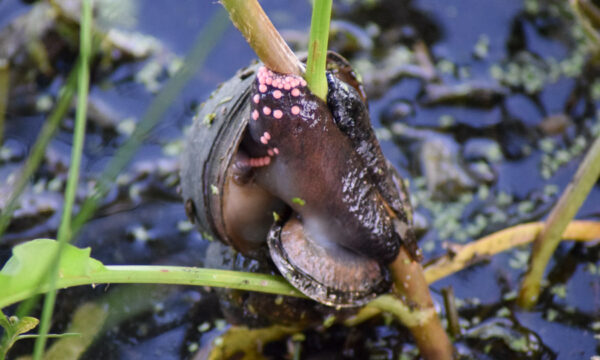
Kenya produces 11,000 metric tonnes of avocados annually, 70% of this is from smallholder farmers (© Pexels)
Earlier this month, South Africa’s government announced that it is lifting the decade-long ban on Kenyan avocado imports. This will result in the return of Kenyan avocados to markets in South Africa, and pave the way for the redevelopment of Kenya’s avocado production industry at an international level.
Across Kenya, avocado plantations are being thoroughly monitored for fruit fly population levels to determine the level of success in controlling the agricultural pest since the ban was implemented in 2007. The embargo on the importation of avocados from Kenya was a result of increased invasions of fruit flies (Bactrocera dorsalis) via the exportation of the of the fruit. The reccurrence of pest infestations in the exported fruit had resulted in raised questions over the quality of the fruit production in terms of export standards and risk factors over the spread of agricultural pests.
The prolonged ban on avocado exports from Kenya resulted in major losses for the export industry, with losses estimated as Ksh 2 billion per year. Fruit prices also dropped from $9 to $4 across international markets in March o this year as a result of increasing numbers of low quality fruit produced in the country.

Despite the embargo with South Africa, exports have showed an annual increase of 10% across the European market (© Pexels)
Within Kenya, avocados account for 9% of all agricultural exports, as such the fruit has been a major contributor to the growth of the economy. Kenyan avocados have a large international customer portfolio, including the United Arab Emirates, the UK, Netherlands, France, Spain, and Hong Kong. As a result of this vast international export business relationship, the production and sale of low-quality avocados to other countries threatened to end Kenya’s standing in the international market, leading to a damaged reputation and lower sales prices in other countries.
This large-scale collapse of the avocado market caught the attention of the Kenyan government, which instigated a drastic increase in efforts to tackle fruit fly infestations and improve the quality of avocados being produced for exportation. Dr Isaac Macharia, General Manager of the Kenya Plant Health Inspectorate Service (KEPHIS) stated that the recent developments in avocado production within the country were a major achievement for pest management.
“KEPHIS, together with Kenya Agricultural Livestock Research Organization (KALRO) have established pest-free areas to mitigate the effects of pests on horticultural produce as a measure to eliminate the insects,” said Esther Kimani, KEPHIS Managing Director in The East African.
KEPHIS also attributed the removal of the export ban in South Africa to the ‘relentless efforts it has put in long-term negotiations over the years’. This is good news for both the Kenyan economy and farmers with the country aiming to expand avocado exportation to countries across Asia such as Malaysia, Singapore and South Korea.
The removal of the import ban in South Africa, as well as the improved efforts to reduce pest impacts on food production in Kenya marks a significant step in combating food security threats such as agricultural pests, with Kenyan avocados returning to international markets and competing against other major producers such as Spain and Israel.
If you would like to read further on this subject and the avocado export industry in Kenya, please see the links below:
Related News & Blogs
5 common chilli pests and diseases
Chilli pests and diseases can considerably impact crop production. Not only can pest and disease outbreaks lead to severe yield losses, but they also reduce quality and lower market value. In many countries, including India, Bangladesh, Malawi, and Tha…
12 June 2025




